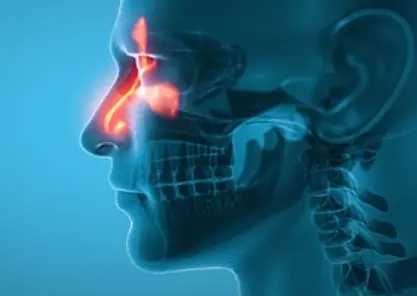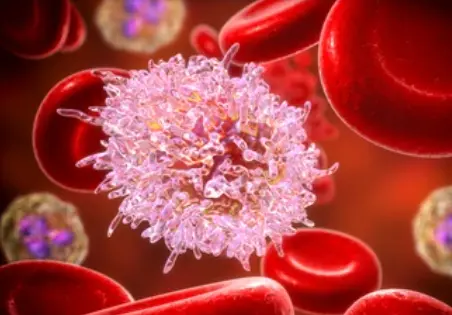 Welcome
Welcome
“May all be happy, may all be healed, may all be at peace and may no one ever suffer."
Fungal UTIS - Generics
Fungal UTIs (Urinary Tract Infections) are caused by fungal pathogens that invade the urinary system, including the bladder, ureters, and kidneys. Although bacterial UTIs are more common, fungal UTIs can occur in certain populations, including individuals with compromised immune systems, those who have undergone recent medical procedures, and those who have been on prolonged antibiotic therapy.
Fungal UTIs are most commonly caused by Candida species, which are normally present in the gastrointestinal tract and on the skin. Other fungi that can cause UTIs include Aspergillus, Cryptococcus, and Histoplasma.
Symptoms of Fungal UTIs
The symptoms of fungal UTIs are similar to those of bacterial UTIs, including:
- Pain or burning sensation during urination
- Frequent urination
- Urgent need to urinate
- Cloudy or foul-smelling urine
- Lower abdominal pain
- Blood in urine
- Fever or chills
Diagnosis of Fungal UTIs
Fungal UTIs can be diagnosed by a healthcare provider through a urine culture or microscopic examination of urine. In some cases, imaging tests such as a CT scan or ultrasound may be needed to determine the extent of the infection and identify any underlying structural abnormalities that may be contributing to the infection.
Treatment of Fungal UTIs
Treatment of fungal UTIs typically involves antifungal medications, which may be taken orally or administered intravenously depending on the severity of the infection. Some common antifungal medications used to treat fungal UTIs include fluconazole, amphotericin B, and echinocandins.
In addition to medication, other measures may be taken to manage symptoms and prevent the recurrence of fungal UTIs, including:
- Drinking plenty of fluids to help flush out the urinary system
- Maintaining good hygiene practices, such as wiping front to back after using the toilet and washing the genital area regularly
- Avoiding irritants such as harsh soaps, douches, and perfumes that can disrupt the natural balance of the urinary system
- Treating any underlying conditions that may be contributing to the infection, such as diabetes or kidney stones
- Using probiotics or other supplements to promote the growth of healthy bacteria in the gut and urinary system
Prevention of Fungal UTIs
Some tips to help prevent fungal UTIs include:
- Maintaining good hygiene practices
- Drinking plenty of fluids to help flush out the urinary system
- Avoiding prolonged use of antibiotics whenever possible
- Treating any underlying medical conditions that may increase the risk of infection
- Using probiotics or other supplements to promote the growth of healthy bacteria in the gut and urinary system
Conclusion
Fungal UTIs are a less common but still important type of urinary tract infection. Treatment of fungal UTIs typically involves antifungal medications, and other measures may be taken to manage symptoms and prevent recurrence. Maintaining good hygiene practices and addressing any underlying medical conditions can help reduce the risk of developing a fungal UTI. If you experience symptoms of a UTI, it's important to seek prompt medical attention to prevent complications and ensure proper treatment.

Stomach distension

Influenza A and B

Sinusitis

Psychoneurosis

Inflammation

Roughness and fine wrinkl...

Childrens growth disorder...

Chronic myeloid leukemia
Fungal UTIS, ছত্রাক ইউটিআইএস
To be happy, beautiful, healthy, wealthy, hale and long-lived stay with DM3S.